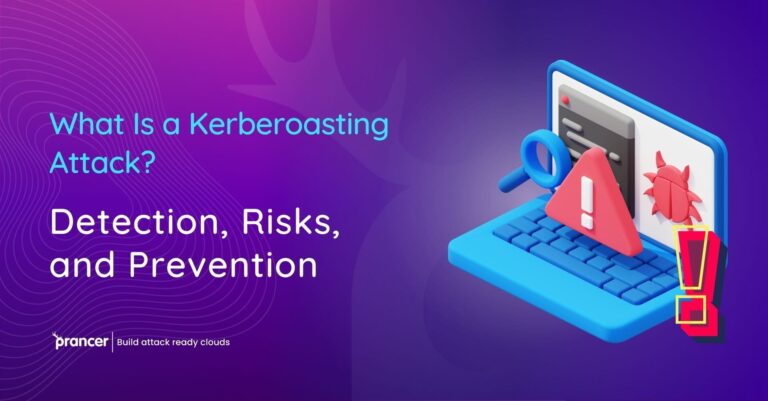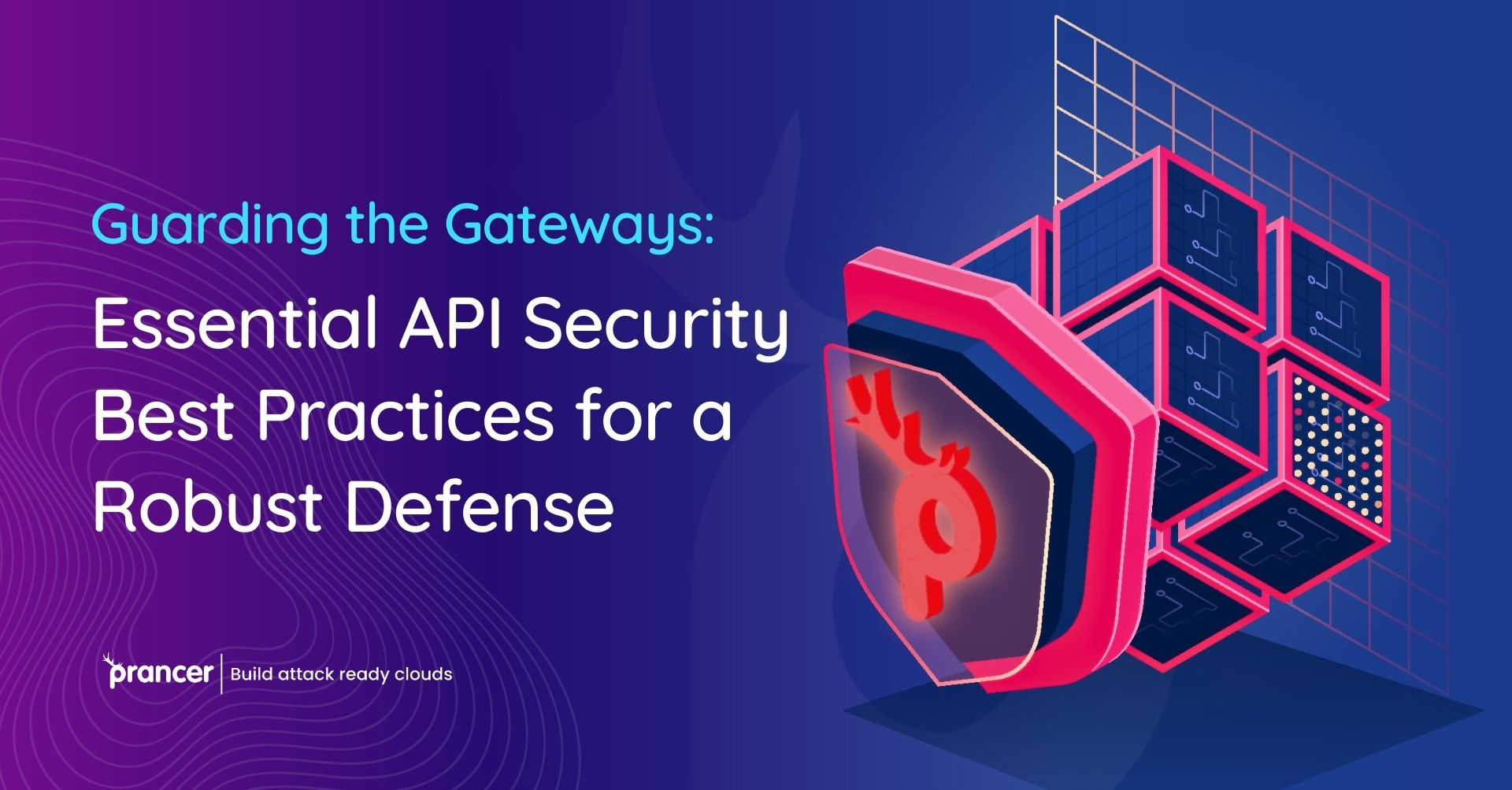

As organizations increasingly rely on Application Programming Interfaces (APIs) to connect systems, share data, and power their applications, ensuring robust API security has become a critical priority. API security best practices play a crucial role in safeguarding sensitive information, preventing unauthorized access, and mitigating potential security risks. In this comprehensive guide, we will explore the essential API security best practices that organizations should implement to fortify their defense against cyber threats.
API security best practices encompass a set of guidelines, strategies, and measures aimed at protecting APIs from vulnerabilities, attacks, and unauthorized activities. By following these practices, organizations can establish a strong foundation for secure API development, deployment, and maintenance. Adhering to these best practices mitigates risks, protects data integrity, and fosters trust among users and partners.
Secure Authentication and Authorization: Implement secure authentication mechanisms such as API keys, OAuth, or JSON Web Tokens (JWT). Ensure proper authorization checks to control access levels and limit actions based on user roles and permissions.
Use Robust Encryption: Employ strong encryption protocols (e.g., SSL/TLS) to encrypt data transmitted over API connections. Protect sensitive information, including user credentials and personal data, to prevent unauthorized interception and tampering.
Thorough Input Validation: Validate and sanitize all user inputs to prevent common security vulnerabilities like injection attacks (e.g., SQL injection, XSS). Implement input validation routines to detect and reject malicious or malformed data.
API Rate Limiting: Implement rate limiting to restrict excessive API security requests from a single user or IP address, preventing abuse, DoS attacks, and ensuring fair usage of resources.
Secure Data Storage: Ensure secure storage of sensitive data by using encryption, access controls, and other data protection techniques. Avoid storing unnecessary user data and adopt industry-standard encryption algorithms to protect stored information.
Logging and Monitoring: Implement comprehensive logging mechanisms to track API activity, detect suspicious behavior, and facilitate auditing and forensic analysis. Monitor API security usage, error logs, and system logs to identify potential security breaches promptly.
Regular Security Assessments: Perform regular security assessments, including penetration testing and vulnerability scanning, to identify and address potential security flaws. Regularly update and patch software and libraries to mitigate known vulnerabilities.
Secure API Documentation: Properly document API functionalities, security requirements, and usage guidelines for developers and users. Include secure coding practices, authentication procedures, and data protection measures in the documentation.
Secure Third-Party Integrations: Vet third-party integrations thoroughly to ensure their security practices align with your organization’s standards. Regularly review and monitor the security posture of integrated services to minimize potential vulnerabilities.
Education and Awareness: Promote a culture of security awareness among API developers and users. Conduct regular training sessions to educate personnel on secure coding practices, emerging threats, and incident response procedures.
To ensure the effective implementation of API best practices, organizations can leverage Prancer‘s comprehensive suite of cloud security solutions. With a strong focus on API security, Prancer offers advanced tools and technologies that align with industry best practices.
Prancer’s platform facilitates secure API development, testing, and monitoring. It enables organizations to perform vulnerability assessments, automated penetration testing , and security scanning to identify potential weaknesses in their APIs. By leveraging Prancer’s platform, organizations can address vulnerabilities, enhance security controls, and ensure compliance with regulatory requirements.
API security best practices are instrumental in establishing a robust defense against cyber threats and protecting sensitive information transmitted through APIs. By following these best practices, organizations can minimize the risk of data breaches, unauthorized access, and API abuse. Prancer’s commitment to API security best practices and its advanced cloud security solutions empower organizations to fortify their API gateways, safeguard their systems and data, and maintain the trust of their users and partners. Stay ahead of the evolving API landscape with Prancer’s comprehensive suite of tools and technologies, ensuring your organization’s API security best practices are firmly in place.
